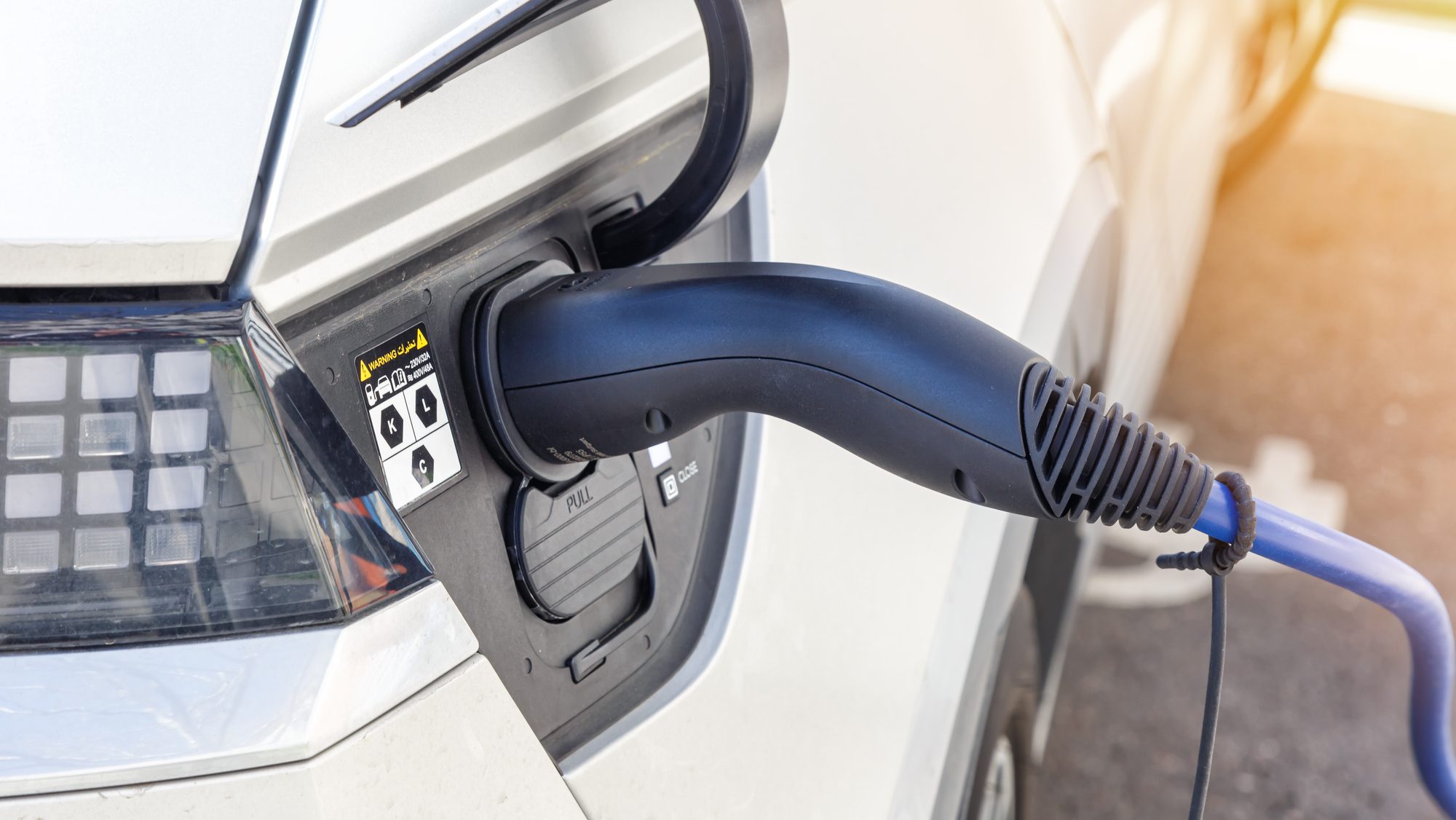SINGAPORE: PUB, Singapore’s national water agency, is set to replace its diesel-powered vehicles with electric ones.
PUB awarded contracts for 47 electric vehicles (EVs) to two subsidiaries of the multi-brand motor group Cycle & Carriage (C&C) in July. Valued at S$4.96 million, the new fleet will include vans and pickup trucks.
These EVs will be used in PUB’s daily operations, such as quick responses to flash floods, water quality sampling, and delivering water during disruptions.
According to The Straits Times, Ridzuan Ismail, PUB’s chief sustainability officer, said the new EVs will replace 47 internal combustion engine vehicles in 2025. This move follows the successful pilot of six EVs in 2021.
He said, “This initiative is in line with Singapore’s vision to phase out internal combustion engine vehicles and have all vehicles run on cleaner energy by 2040.”
The shift to EVs is part of PUB’s broader strategy to reduce carbon emissions. In its 2022 sustainability report, the agency outlined plans to progressively replace 70 diesel-powered vehicles by 2024 with suitable EV models. Currently, PUB operates nearly 180 vehicles.
Mr Ridzuan emphasised the need for EVs to meet PUB’s specific operational needs, considering factors like vehicle range and battery life.
The Ministry of Transport (MOT) confirmed that starting in 2023, all new public sector vehicles must be clean-energy models with no tailpipe emissions.
This is part of the Government’s GreenGov.SG initiative launched in 2021. Although hydrogen fuel cell vehicles are an alternative, they are not yet widely available.
Statutory boards will transition to EVs when their current vehicles’ certificates of entitlement expire or when vehicles are due for replacement. The MOT noted that the number of government fleet vehicles converted to EVs is still low but is expected to rise.
The requirement was introduced in the public sector’s 2023 financial year, which started in April 2023.
According to the ministry, the same clean-energy requirement applies to other types of public sector vehicles, such as trucks, although feasibility depends on the availability and cost of suitable EV models.
Motor dealers offer various goods-carrying electric vans from brands like BYD, Citroen, and Mercedes-Benz. However, there are fewer options for light commercial vehicles like minibuses and small refrigerated trucks.
For PUB’s contract, only three of the eight participating parties submitted bids to supply electric double-cabin vehicles or pickup trucks, according to information from the Government’s procurement portal GeBiz.
Ultimately, Cycle & Carriage Automotive secured the contract for 14 double-cabin pickup trucks, seven vans for goods and passengers, and one high-roof van. In addition, Cycle & Carriage Industries will also provide 25 electric vans.
One of PUB’s new EVs is the Maxus T90 EV Electric pickup truck. This 5.4m vehicle with a loading bed can travel up to 330 km before recharging. Anticipating increased interest in EVs, C&C opened an electric commercial vehicle hub in Ubi on July 10. /TISG
Read also: Singapore to waive EV charger registration fee for short-term use
Featured image by Depositphotos

